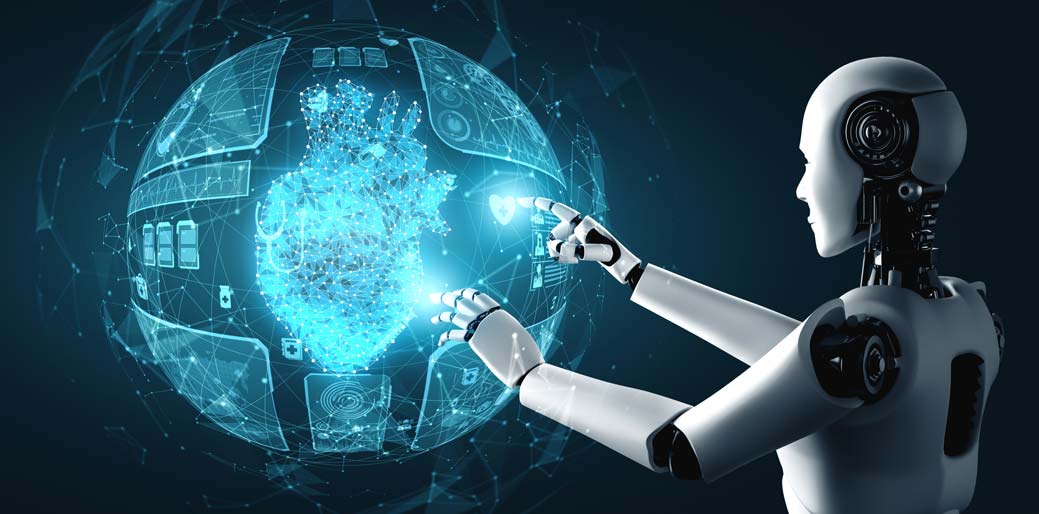Nearly two-thirds of jobs in the United States and Europe are subject to some degree of automation due to artificial intelligence.
Goldman Sachs said in a report that a quarter of the work done in the United States and the eurozone could be automated, thanks to significant advances in artificial intelligence.
The Financial Times quoted the bank as saying that artificial intelligence systems such as ChatGBT could lead to a productivity boom that would increase annual global GDP by 7 percent over 10 years.
The price, however, will be a “major disruption” to the labor market, putting some 300 million full-time workers in large economies at risk of losing their jobs. Lawyers and administrative staff are among those most at risk of being redundant, according to the report.
Researchers at the bank estimate that nearly two-thirds of jobs in the United States and Europe are at some point being automated by AI. But workers will continue with their jobs, devoting their extra time to more productive activities.
In the United States, this is estimated to apply to 63 percent of the workforce, according to the Financial Times.
Goldman Sachs notes that about 7 percent of workers in the United States work in jobs in which at least half of their tasks can be accomplished by artificial intelligence and are subject to replacement, and the research is similar for Europe. According to the Financial Times, Goldman Sachs’ estimates of the impact of artificial intelligence on jobs are more conservative than those of some academic studies.
The Washington Post said in a report last week that artificial intelligence “will not yet occupy jobs.”
The newspaper stated in a report that artificial intelligence is increasingly making its way across various industries, changing the look and content of jobs from medicine, through retail, to marketing and writing.
The Washington Post noted that many AI enthusiasts believe it is so infallible that computers can do most of our work for us, in many areas. But the current reality is that most jobs must still be done by humans, because despite the huge advances in the world of artificial intelligence, it can cause problems in the workplace, putting workers, employers and customers at risk.
In the banking and finance sector, the Washington Post explained that what is happening now is that large banks are using artificial intelligence to improve back-end operations, cyber security, and powerful chatbots for faster response to customers.
According to the newspaper, banks are currently testing artificial intelligence to help build software faster, by helping developers find the required code. It will also be able to help them collect research and data easily, as well as detect fraud more quickly to alert customers immediately and remind people of invoices or due dates for any payments.
And soon, according to the newspaper, artificial intelligence will be able to monitor transactions to provide more personalized financial advice, insights about spending and saving or quick alerts about deviations from normal spending habits, no matter how small.



















